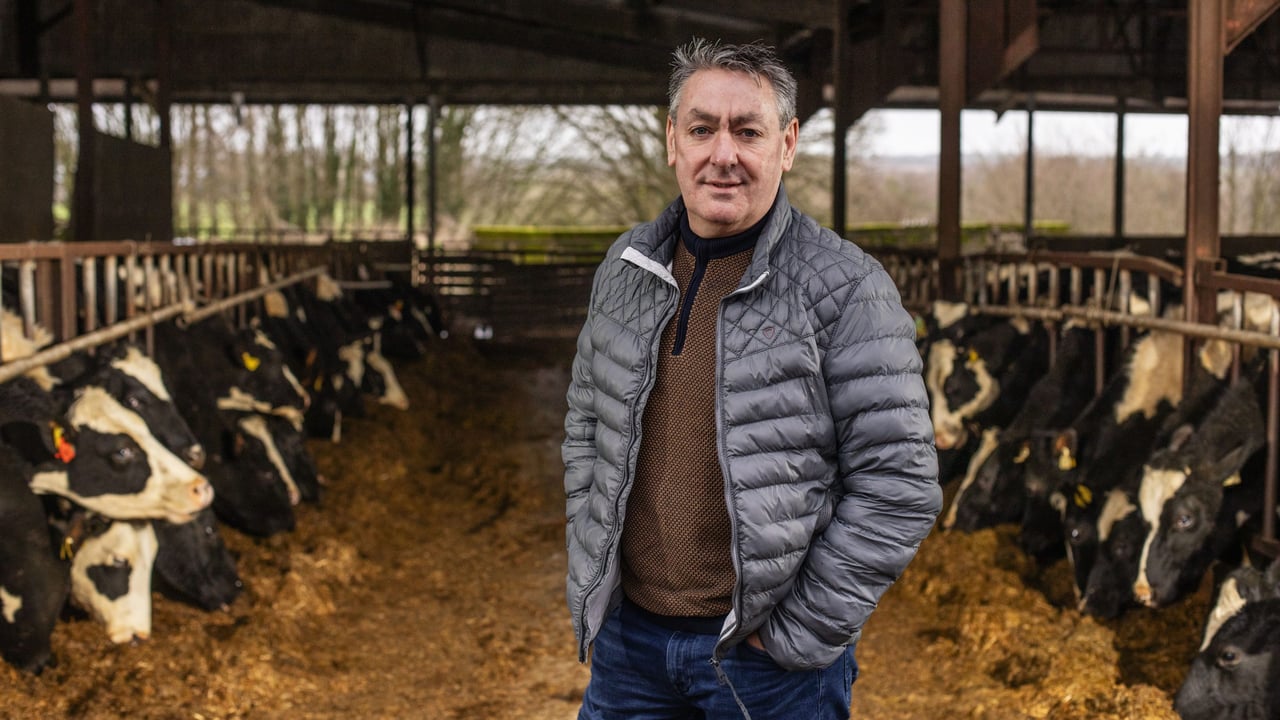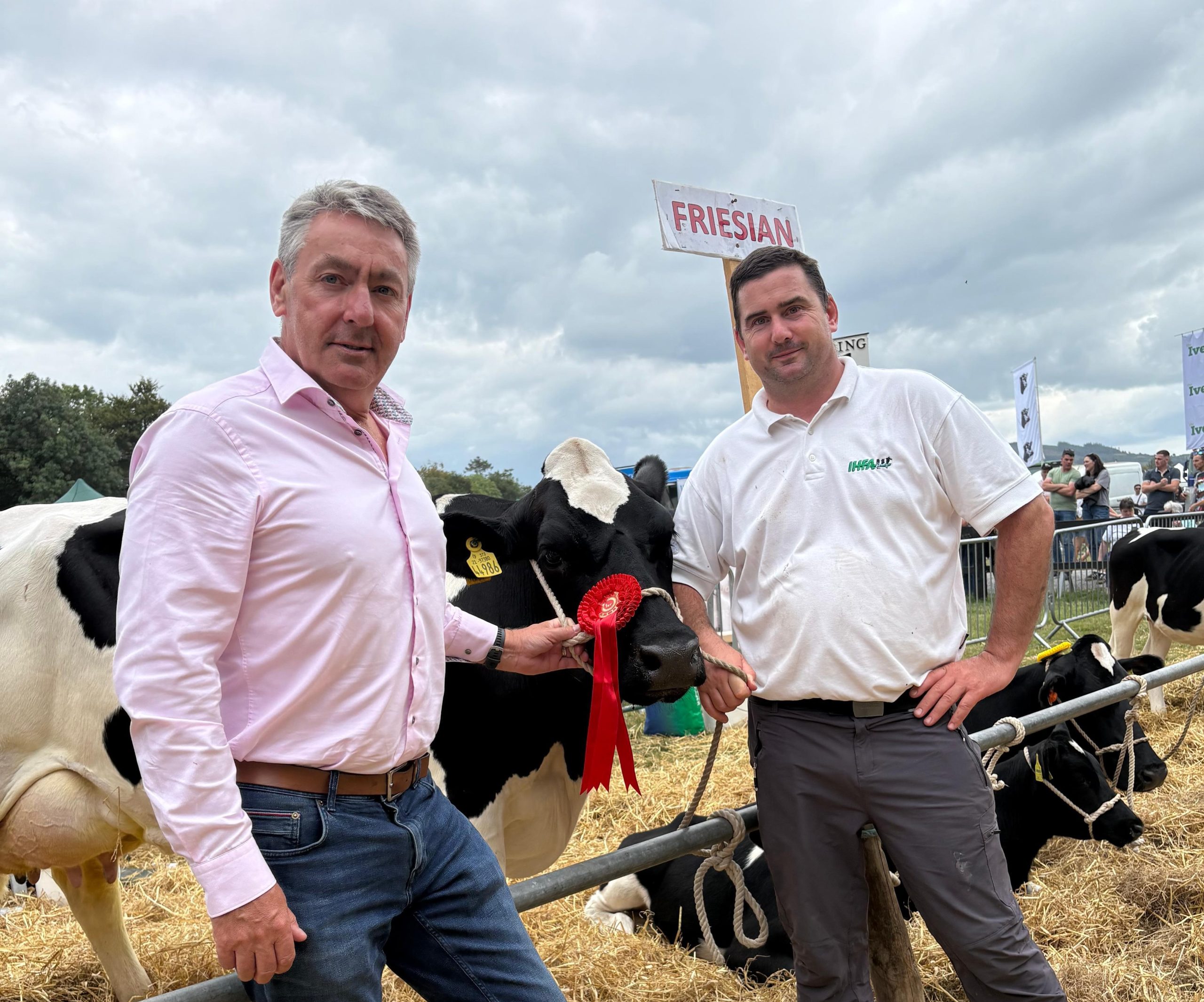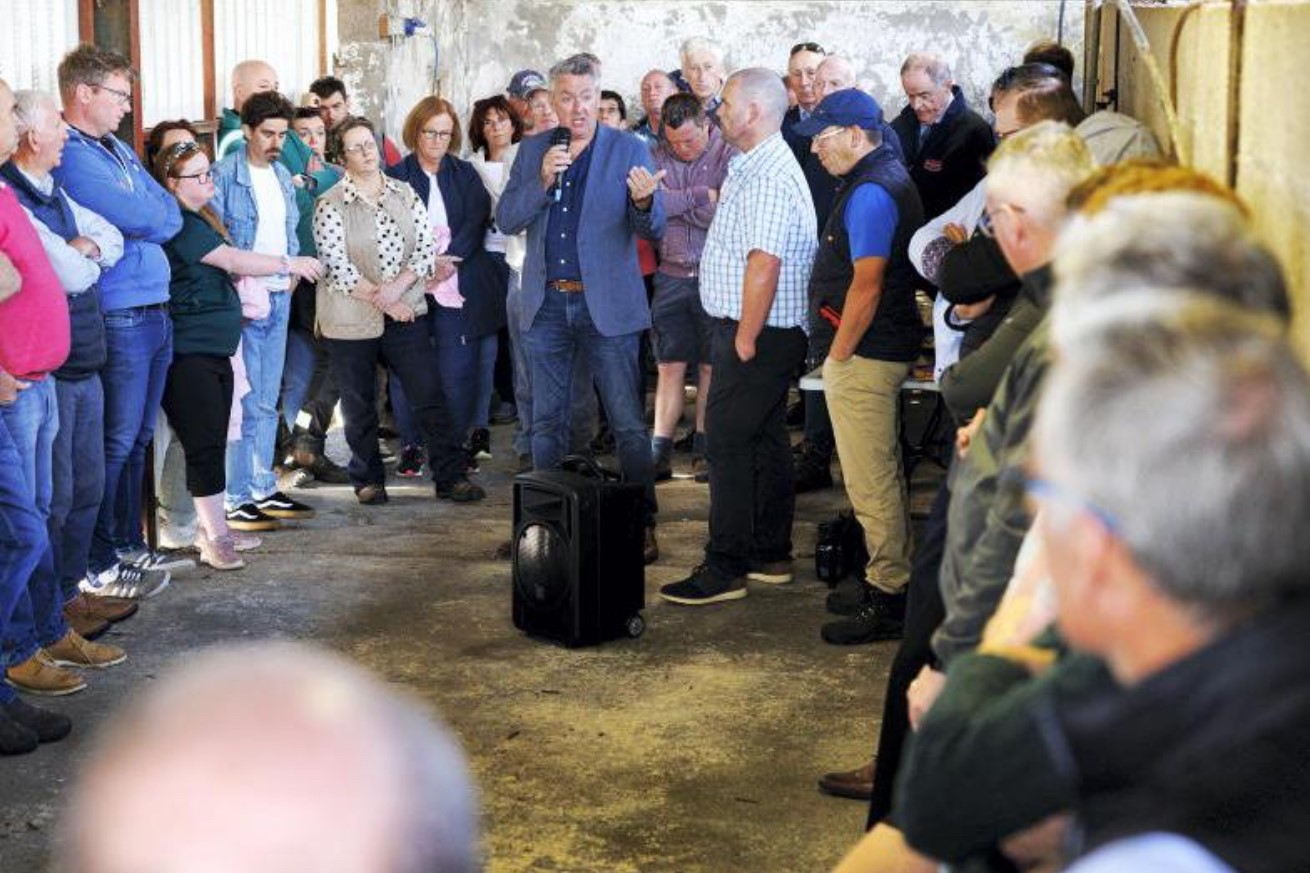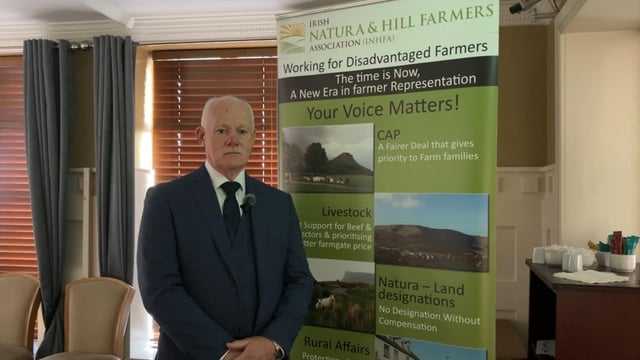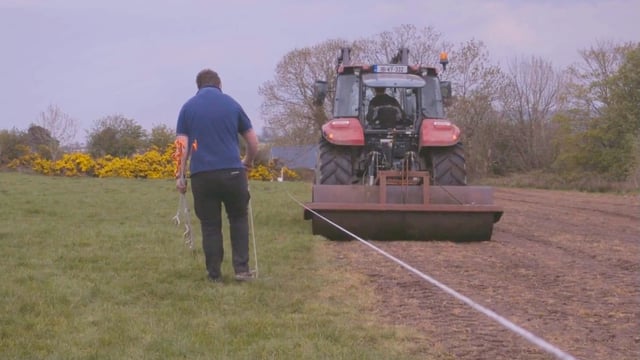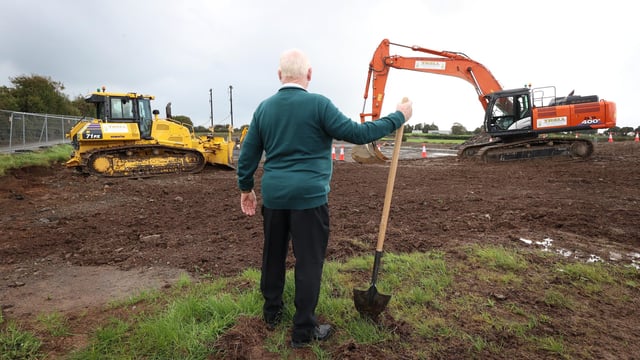Sponsored Article
Regulatory fatigue and fear risks farming's future - Kelleher
Sponsored Article

By Renew Europe and Fianna Fáil MEP, Billy Kelleher
Uncertainty is the enemy of investment.
With Trump back in the White House, war in Europe and the Middle East, political changes in the EU, and concern over what the next number of years will bring, many people are left wondering what the future will hold for them and their families.
Nowhere is this uncertainty being felt more strongly than in our farming communities.
In nearly every sector, we are either awaiting decisions on big changes, or there are proposed new regulatory and budgetary frameworks in the works.
And it is heaping pressure on our farmers, and the next generation of farmers in this country.
Whether it is waiting for a decision on the Nitrates Derogation by the European Commission, the future of the Common Agricultural Policy and what its budget may or may not be, the Mercosur Agreement and its implications for farming, or the future of live animal exports, these are uncertain and deeply worrying times for Irish farmers.
These issues, along with many other proposed policy changes, will have a major impact on the future of farming.
They sow doubt and worry into the minds of farmers.
And it is causing farmers, up and down the length and the breadth of the country, to ask themselves: should I invest? Do I build that shed? Do I rent or buy more land? Do I even want to keep farming? Will farming still be a viable option for my children and grandchildren?
In Ireland, until very recently, it was assumed that at least one son or daughter of a farmer would want to continue farming the land.
Children now have many different career paths open to them, many of which offer greater certainty and stability.
If faced with a choice between jobs that requires working seven days a week for unpredictable return or a steadier role in an attractive sector of the Irish economy, what will they choose?
These days, I’m meeting farmers who are telling me that no-one in their family wants to take over when they retire.
This will have devastating consequences for food production, food security and rural life in general.
The reason in most cases is simply because of the uncertainty and unpredictability caused by constant change in farming brought about by policymakers and legislators, as well as the increasing cost of doing business with diminishing returns
We need a regulatory pause in the areas of agriculture and climate to allow us to do two things: first, to see if the changes are actually having the desired impact; and secondly, to give farmers certainty into the future.
This is not me saying that we should roll back on our collective ambition or seeking to turn the clock back on changes that have been implemented in agriculture in recent years.
In recent decades, the economy has changed, the environment has changed, and our society’s expectations have changed.
It is important that the agricultural sector and the regulatory framework keep pace with this.
However, we need to give farmers a chance to catch their breath and adjust before we ask them to do even more; otherwise we risk irreversible damage to the health of the sector.
The administration of the EU, the Commission and its tens of thousands of civil servants absolutely love new proposals, new regulations, and new frameworks.
It is my job as an MEP to assess whether the rules in place are doing what they intended and whether new regulations are actually needed at all.
There is finally a sense that we need to simplify Europe, to make our economy more competitive, and that must include agriculture.
Over the next term, I will be campaigning for a pause in regulatory changes in agriculture.
We owe it to our current generation of farmers so they can catch their breath and we owe it to the next generation so they can see a viable future in a healthy and innovative sector.
Sponsored Article


